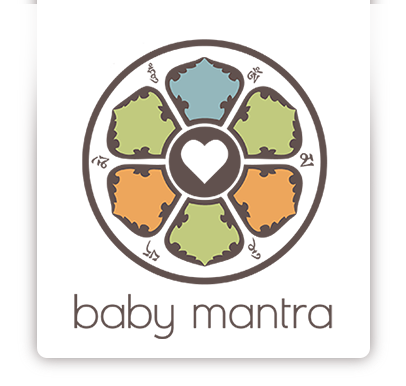Postpartum Depression: Finding Comfort
Postpartum depression can have a serious effect on your mental stability and your emotional state. Some do not understand the sorrow and loneliness felt by one experiencing postpartum depression. Here are some ways to find comfort amidst the sadness.
Postpartum Depression
Postpartum depression is a very real and diagnosable clinical illness. In fact, postpartum depression affects over 3 million women each year. The good news is, it is not permanent. It usually only lasts a few months. The bad news is, it can be an agonizing few months for some. Postpartum depression affects everyone differently. For some, its effects can be mild. Akin to feeling a bit down on a rainy day. For others, the effects can be devastating. Thoughts of suicide are not uncommon among some sufferers. For intense episodes or severe postpartum depression, it is advised that you consult a medical professional right away. Postpartum depression is treatable and without invasive medical procedures.
Postpartum Depression: Facts and Statistics
Giving birth to your brand new baby can have an effect on your emotions. Joy, fear, extreme happiness, and even depression may occur. It is not uncommon to have what is known as, “the blues”. This is the first stage of postpartum, and will go away after a few days to a few weeks. However, sometimes this feeling becomes more severe. This is what is known as postpartum depression. It is a clinical mood disorder. This is a secondary stage. The third stage of postpartum is known as postpartum psychosis. If you suspect this rare and extreme mood disorder has occurred, contact your doctor right away.
Postpartum depression is considered to be a complication of childbirth.It is important to remember that postpartum depression affects about 3 million women each and every year. It is believed to be a dysregulation of hormone balance after childbirth, namely estrogen withdrawal at parturition.
Postpartum Depression Treatment Options
There are several ways to treat postpartum depression, also known as PPD. These include:
- Hormone Therapy –There are several types of hormone therapies, and even some that include a form of bioidentical progesterone therapy. Estrogen replacement therapy is also a common treatment option. It is sometimes used in conjunction with antidepressants. There are risks involving hormone therapy, so be sure to ask your doctor about the risks involved before making a decision.
- Mental Health Counseling –Mental health counseling can work wonders on your PPD, and may even help improve other areas of your life in the process. Speaking with someone about the way you feel is underrated. In fact, just talking about how you feel can usually alleviate the burden of carrying around these pent up emotions, thus, making you feel better just by unloading the burden. A mental health counselor is also a licensed professional who can offer mental health exercises, and routines you can follow to help continue to ease any feelings of depression.
- Medication –There are instances where your doctor may feel the need to place you on certain forms of medication to help treat postpartum depression. These medications include antidepressants. You will want to let your doctor know if you are breastfeeding, as certain medications can affect baby. You can also help the situation by speaking with your partner about your feelings. Stay active as much as possible, and find a routine. These things help to find a sense of balance to your life. In addition, breastfeeding also helps to relieve any stress or feelings of loss.
